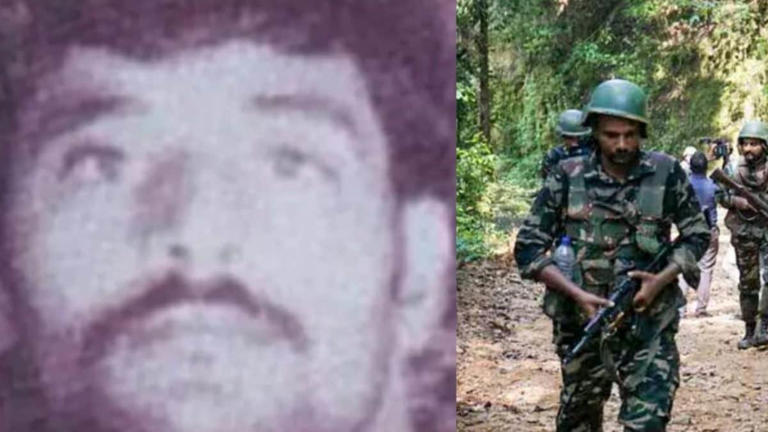The elimination of Basavaraju marks the end of an era, leaving the Maoist movement leaderless and fragmented in key regions.
Basavaraju, a senior Maoist leader known for decades of involvement in India’s left-wing insurgency, was recently killed in an encounter with security forces. His death represents a critical turning point for the Maoist movement, which has struggled with leadership continuity amid relentless counter-insurgency operations. Basavaraju was one of the last prominent commanders holding influence across several key Maoist-affected states. His elimination leaves the insurgency without a strong central leader, potentially weakening its operational capabilities and organizational coherence after decades of activity.
Nambala Keshava Rao alias #Basavaraju, the top Maoist leader who was gunned down by security forces in Chhattisgarh’s Narayanpur district, was “extremely secretive”, like other #Maoists, and to “reach and kill him” was a major achievement for the security forces, K. Vijay Kumar,… pic.twitter.com/NZag7hDX7W
— The Hindu (@the_hindu) May 21, 2025
What Role Did Basavaraju Play in the Maoist Movement?
Basavaraju was a veteran Maoist commander who played a crucial role in organizing armed activities and coordinating strategy across multiple regions. His leadership helped sustain the insurgency’s presence despite extensive crackdowns by Indian security forces. Known for his tactical expertise and grassroots mobilization, Basavaraju was instrumental in maintaining the Maoist network’s influence in tribal and rural areas. Over the years, he had become one of the few remaining top leaders capable of uniting disparate factions and guiding the movement’s overall direction.
His death creates a significant leadership vacuum, challenging the Maoists to regroup and appoint new commanders who can match his experience and authority. This loss may disrupt operational planning and weaken morale among cadres.
What Are the Implications of Basavaraju’s Killing for the Maoist Movement and Security Situation?
The killing of Basavaraju delivers a major setback to the Maoists, who have been under pressure due to intensified security operations in affected states. Without a clear successor of his stature, the movement risks internal divisions and reduced coordination. This leadership void might limit the Maoists’ ability to carry out large-scale attacks or maintain control over certain territories.
From a security perspective, this development is seen as a positive step toward diminishing left-wing extremism and restoring peace in conflict-prone regions. However, experts caution that while leadership losses weaken the group, Maoist ideology and insurgency tactics may persist through smaller, localized cells.
Overall, Basavaraju’s killing marks the end of an era and could accelerate the decline of Maoist influence, but sustained vigilance is needed to prevent resurgence.





















